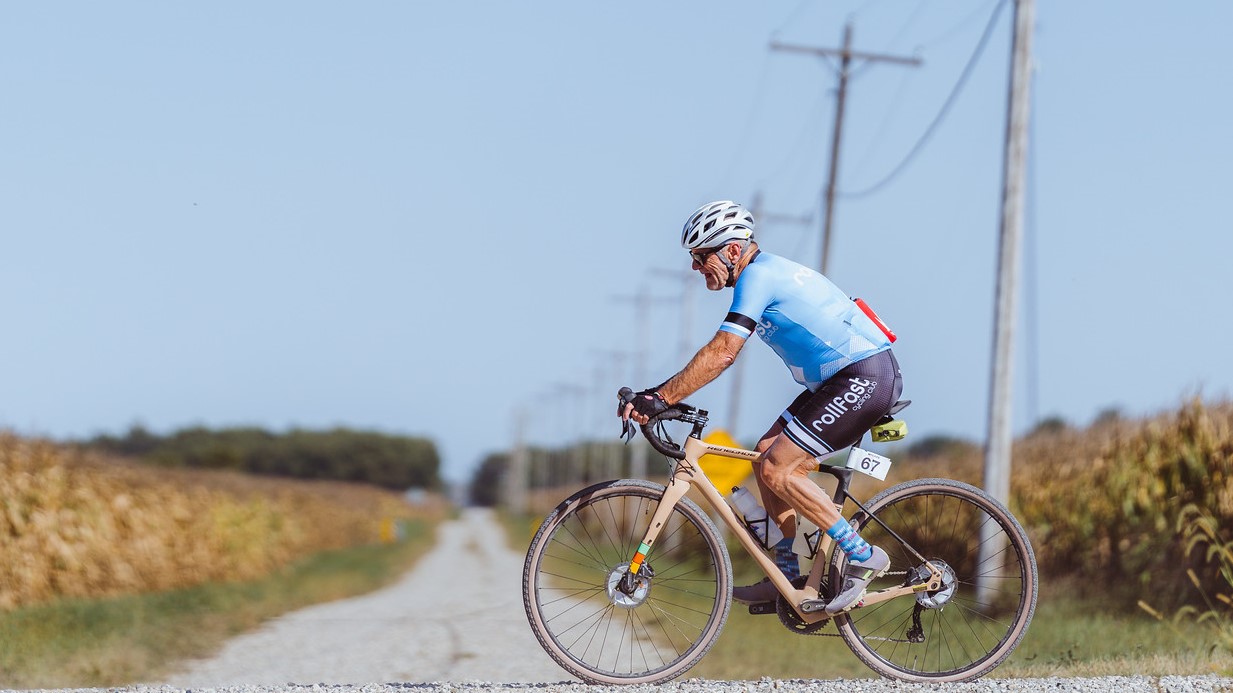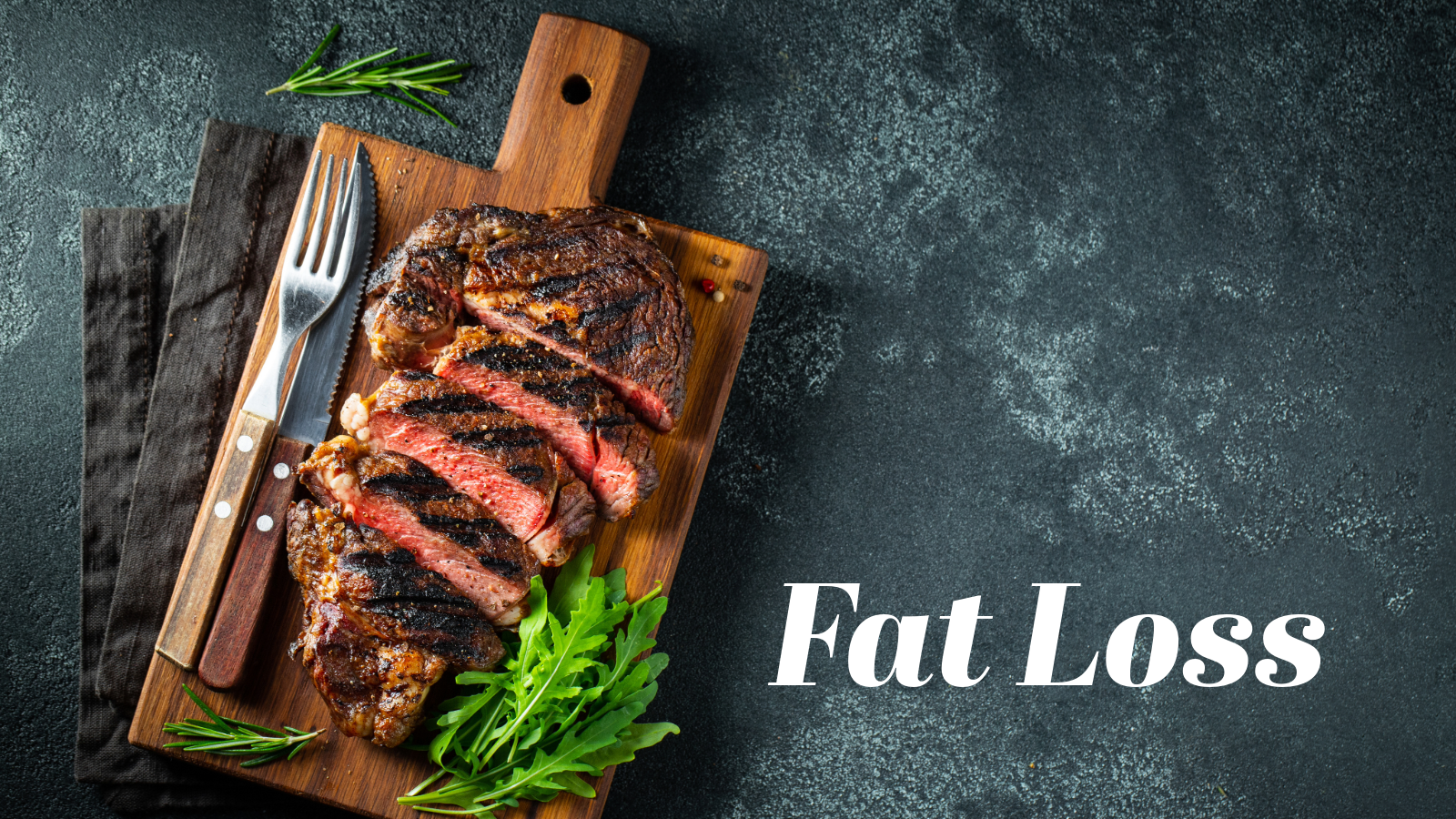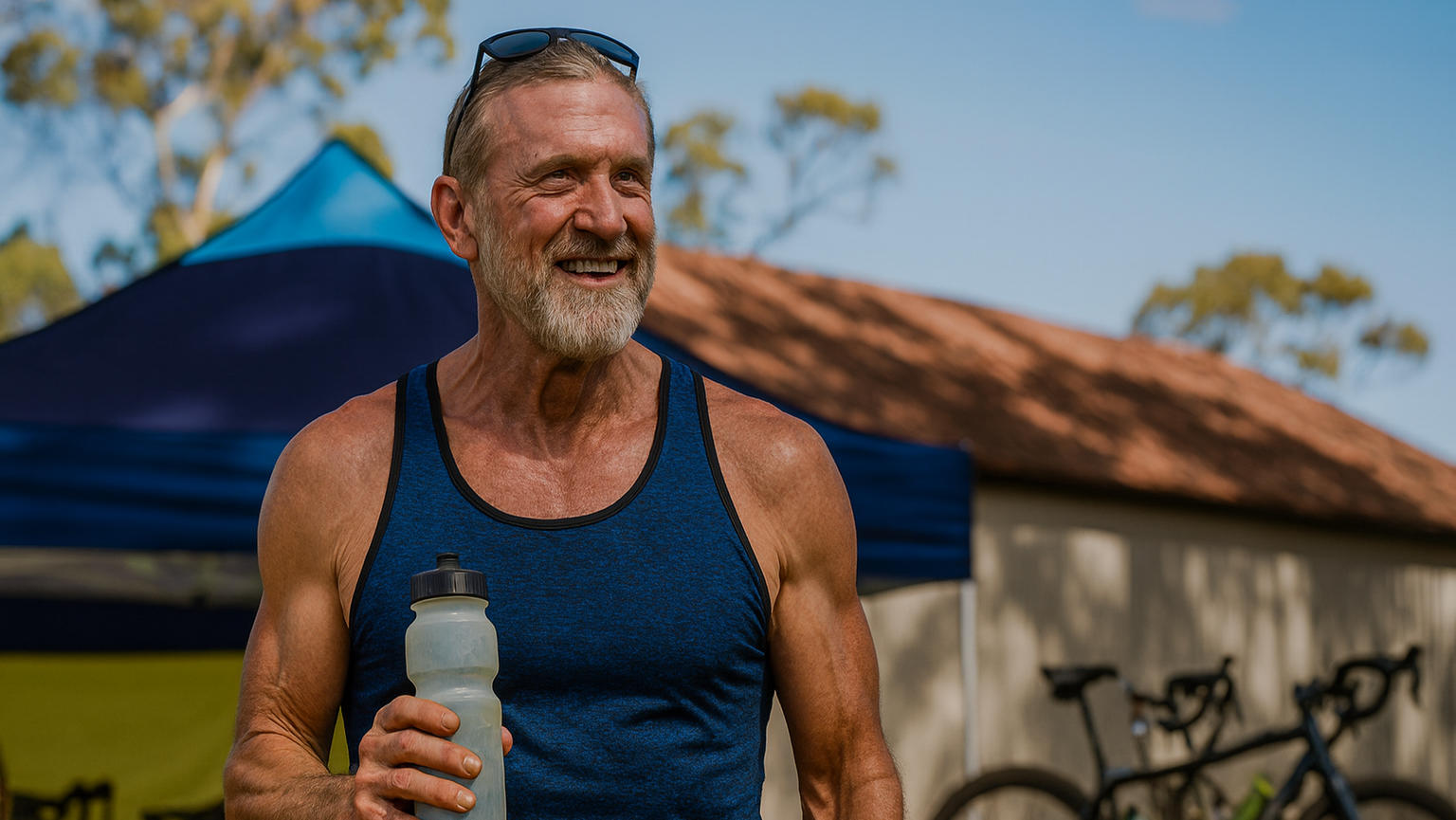Weight Loss for Cyclists: Beyond the Math Equation
At Rollfast Coaching, we often hear a common question: “If I just eat fewer calories, I’ll lose weight, right?” While the basic principle of “calories in vs. calories out” holds some truth, our approach to nutrition goes much deeper. We believe that sustainable weight management isn’t a simple math problem; it’s a dynamic biological process that requires a holistic and patient approach.
The Body Is Not a Calculator
Your body is a complex system with its own biological goals and a powerful drive to maintain homeostasis. Pushing for a rapid, linear weight loss can trigger compensatory mechanisms. For example, if you drastically cut calories, your body may respond by slowing down your metabolism, impacting your sleep, and disturbing hormonal balance.
Instead of a rigid, short-term diet, we advocate for a gradual and strategic approach. For example, if your goal is to lose 20 pounds, don’t immediately start eating for your goal weight. Instead, set a smaller, more achievable goal, like losing 5 to 10 pounds. Once you’ve successfully reached that, you can set a new goal. This incremental strategy is more sustainable and prevents your body from “pushing back” too hard.
Prioritize Protein and Fat
When you’re a cyclist, your nutritional needs are different. We believe that your protein and fat intake should be non-negotiable for long-term health and performance.
- Protein: Aim for 1 to 1 grams of protein per pound of your goal body weight. This is essential for muscle repair and overall health, especially after hard training sessions.
- Fat: Target 1 to 1 grams of fat per pound of your goal body weight. Fat is crucial for hormone regulation and a host of other vital bodily functions.
By consistently meeting your protein and fat goals, you provide the foundational building blocks your body needs to thrive.
Carbohydrates: Fuel for Performance
Unlike protein and fat, carbohydrates are the macronutrient you can strategically adjust to create a caloric deficit. Carbohydrates are your primary fuel for riding, but your body can function without them if necessary.
We recommend focusing on the timing of your carbohydrate intake. Your pre-ride meals are your most important ones. By properly fueling before a workout, you will have the energy for a quality training session and avoid feeling overly hungry and overeating afterward. A simple recovery drink is often all you need after a workout, as your regular meals will naturally replenish your energy stores.
Trust the Process, Not the Timeline
Daily weigh-ins can be misleading. Weight can fluctuate by as much as three to five pounds in a single day due to hydration changes, not actual tissue loss. A non-linear journey is to be expected, and blaming yourself for a lack of progress is counterproductive.
Instead of a rigid, short-term diet with a strict deadline, embrace sustainable lifestyle changes. This involves trusting your body to find a healthy equilibrium over time, without imposing external expectations. This patient approach will lead to lasting results, on and off the bike.






